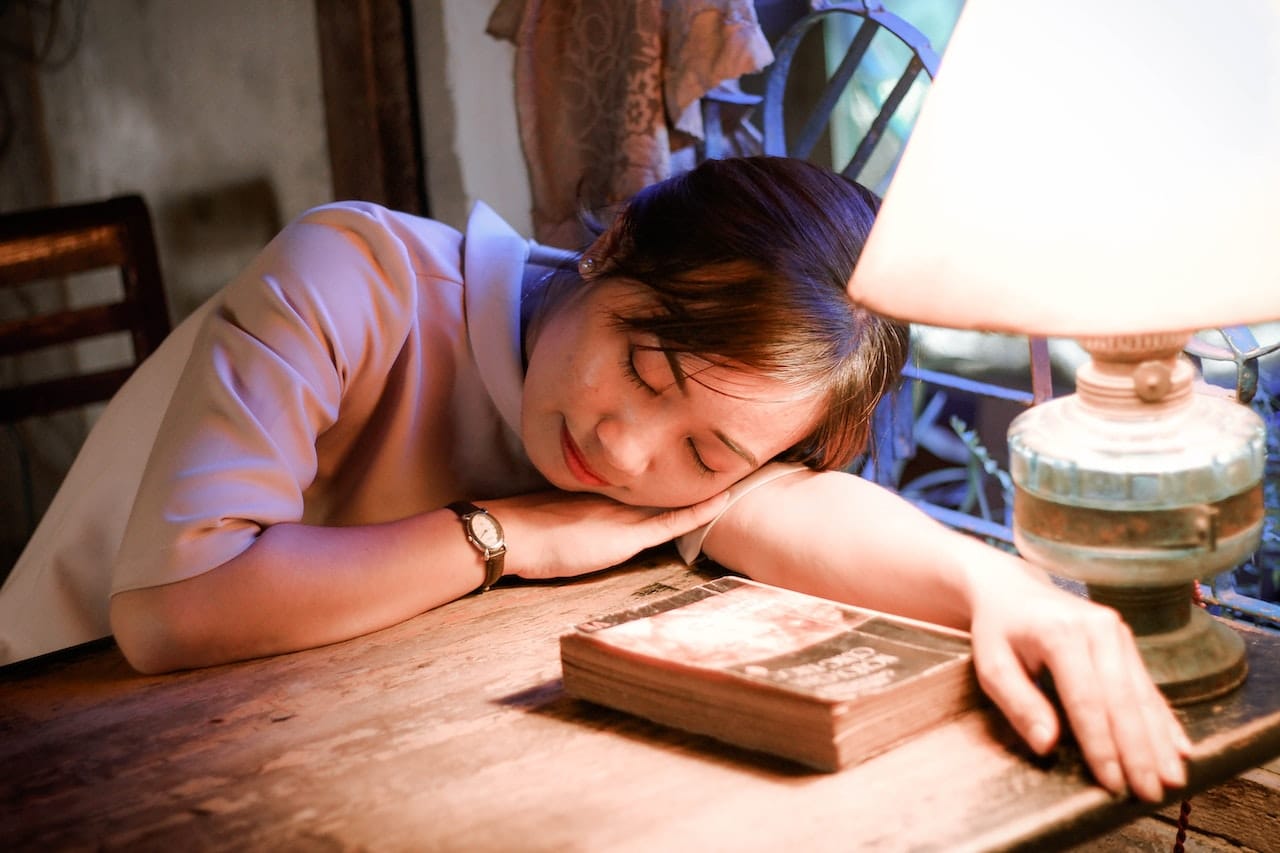There is an opinion that sleeping in the light can be harmful to health. We decided to check if this is true.
Information that you need to sleep in complete darkness can be found here. find on thematic portals And websites online stores goods for sleep, in Media, glossy And educational publications, on resources about healthy lifestyle. They write about this on portals dedicated to medicine. Users are discussing this topic on forums And services questions and answers. Often topicwhether a child can sleep with a night light is raised on sites dedicated to motherhood.
Normally, both people and many species of animals sleep in the dark - this is due to circadian rhythms, which in turn are tied to environmental signals, primarily to light. During the day our internal clock, or superchiasmatic nucleus, generate signals for the brain, helping us to remain alert and active, and when night falls they trigger the production of melatonin, a hormone responsible for quality healthy sleep. Thus, circadian rhythms allow Our body needs to rest and recover at night so that it can stay alert throughout the day.
But some people sleep in daylight due to a disrupted routine or work schedule, leave the overhead light or night light on, and do not turn off their phone or computer screens, which is why it is still light in the bedroom. The light from car headlights or street lamps also does not create conditions of complete darkness. But is it really that dangerous?
Scientists from Harvard Medical School found outthat the so-called room light (about 200 lux) reduces the time of melatonin production by an hour and a half and reduces its amount by 50%, which in turn can potentially affect the quality of sleep, thermoregulation, blood pressure and glucose levels in the body.

In a very recent study from 2022, researchers from Northwestern University (USA) conducted experiment: 20 young people were asked to sleep several nights with varying degrees of illumination. One group spent one night with almost no light, and the second with overhead lights on. The second group slept in the dark both nights. Even though the subjects in the first group said they slept normally, their brain function, measured by electroencephalogram during sleep, showed that they spent less time in the deep and REM stages of sleep (the two most restful stages). stages sleep, important for cognitive functions). Moreover, in the morning insulin resistance (an indicator that affects the body’s ability to process sugar) was increased. And the heart rate did not slow down all night, which can become reason development of cardiovascular diseases and early death.
One more thing study, conducted by the same scientists, confirmed that older people are even more negatively affected by sleeping in the light. They followed more than 550 participants over 63 years of age for 7 days, studying their sleep conditions, and then compared the results with their medical indicators. It turned out that those who sleep with light on are more prone to cardiovascular disease, obesity and diabetes.
Japanese scientists measured brightness of light in the bedrooms of more than 1,000 elderly people 2 hours before waking up and found that those who slept with light were more susceptible to a variety of sleep disorders.
Scientists from the US National Institutes of Health thinkthat lighting during sleep can contribute to weight gain and obesity. They came to this conclusion after studying the questionnaires of more than 43 thousand women, where they talked, among other things, about the conditions in which they sleep. Those who preferred to sleep with light on or left the TV on at night were more likely to be overweight. Although, scientists note, this factor, of course, was not the only one.

Moreover, specialists from the US National Toxicology Program statedthat a long period of night shift work, leading to disruption of circadian rhythms, can cause the occurrence and development of cancer. Scientists note that the habit of sleeping in the light can lead to the same consequences.
blue light, which is emitted by the screens of smartphones, tablets, computers and televisions, is the most stimulating type of light, it suppresses melatonin is the most powerful and extremely destructive influences on sleep quality. Therefore, sleeping with the TV on, even without sound, or leaving a smartphone next to the bed whose screen periodically lights up due to notifications is not a good idea.
Experts advise stop using phones and laptops 2 hours before bedtime, and also dim the lighting, which will promote the production of melatonin. In the bedroom it is worth hanging thick curtains or blinds that will protect from light from the street. Another option is sleep masks, but they may seem uncomfortable and will do more harm than good. Another tip is to spend as much time as possible in the light during the day, then lighting in the evening will not have such a strong effect on the body.
So, sleeping with the light on is really bad for your health. Experts believe that such sleep will not be of high quality and will not allow you to fully rest and recover, and in the long term it can cause the development of cardiovascular diseases, obesity, diabetes and even cancer.
Is it true
Read on the topic:
- Is it true that sleeping on the floor is beneficial?
- Is it true that sleeping at sunset is bad for your health?
- Is it true that sleeping on your left side is harmful to your health?
- Is it true that sleeping too much is bad for you?
If you find a spelling or grammatical error, please let us know by highlighting the error text and clicking Ctrl+Enter.






